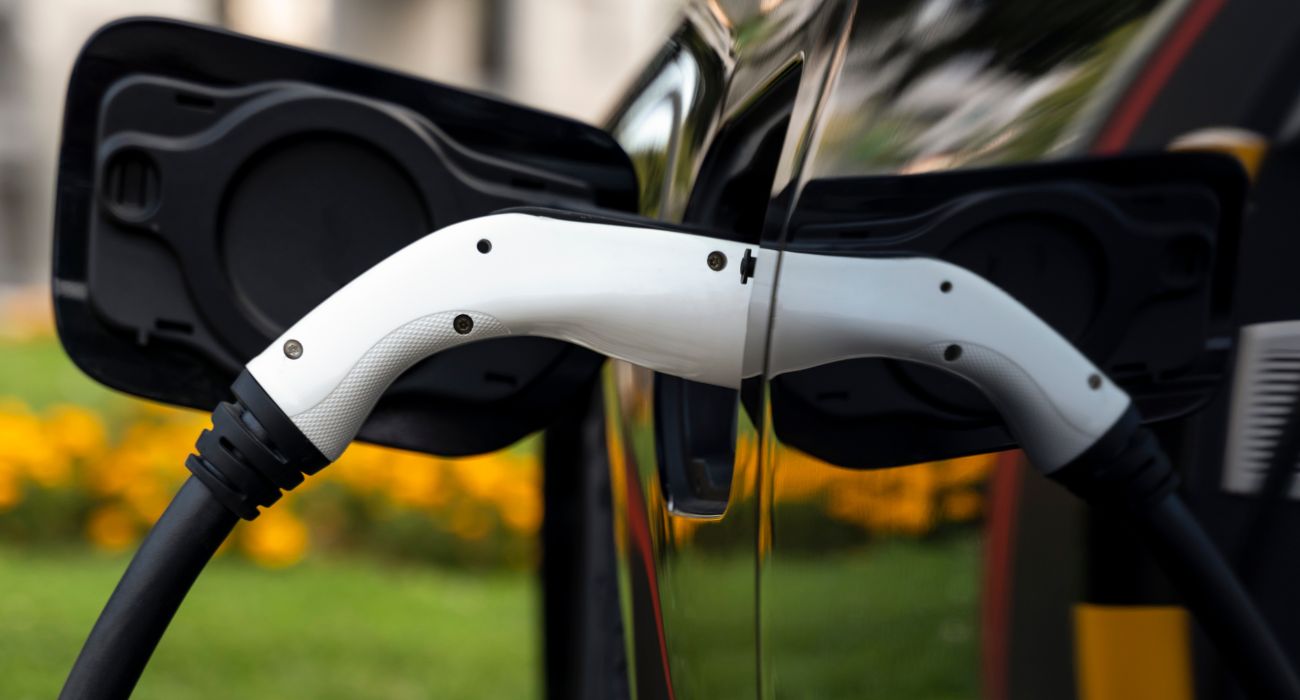One of the biggest gripes of owning an EV is the time taken to charge the battery. Here are some tips on how to improve your EV’s charging speed.
One of the common frustrations that come with owning an electric vehicle (EV) is how long it can take to charge. Depending on the make and model of the vehicle and the charger you’re using, it can take up to 12 hours for a full charge. And, if you need a quick charge during the day, it can take up to 40 minutes at a charging station.
But, while charging your EV may be less convenient than filling an internal combustion engine (ICE) vehicle at a petrol station, EVs are better for the environment and ultimately cost less to maintain.
The good news is there are some tips you can adopt to make EV charging faster and more convenient.
Types of EV chargers
According to Genless, there are three places to charge your electric vehicle – at home, at work, and on the road.
At home
Charging at home is the cheapest and easiest option. You just need off-street parking and access to a 3-pin power socket or a dedicated charging unit. A dedicated wall-mounted charging unit makes your charging simple, safe, and efficient and many have smart features, while a back up portable 3-pin cable charger can be used when other charging options aren’t available. They are slower charging, however.
At work
If your work vehicles are parked on your business premises, charging them overnight is the cheapest and easiest option and the charging units are cheaper than fast chargers too.
On the road
The public charging network is growing all the time and if chargers are on or near the routes you regularly travel or your business premises, you can use these as your main charging option.
Public chargers offer two options:
- Fast chargers, which are chargers along main routes. These can add around 100km of range to your battery in 20-30 minutes. They cost around $12.15 per 100km but plug-in hybrid EVs can’t use them.
- Slow chargers, which you can find at places like shops, hotels, and tourist attractions. You’ll need to bring your own supply lead and you can top up while you do other things. Charging is often free but can take several hours.
Do you need to fully charge your EV?
It’s recommended to keep your EV battery in a ‘state of charge’. This means avoiding keeping it either empty or full. Instead, change the settings on your car or car charger to limit the charge to around 80% and keep it above 20% if you can.
Most daily or weekly driving is easily covered by the range of most EVs. Most of us don’t even need it fully charged, so try to keep it between 20% and 80%, except for longer trips.
Charging your EV faster
The fastest way to charge your EV faster is to visit a public charging station that offers fast chargers. These can offer 10 to 30 times the charging speed of slow chargers, depending on your vehicle.
Other ways to improve the charging speeds of your EV include:
Upgrading your EV charger
If you’re using a domestic 3-pin cable charger, it can take from 8 to 12 hours to fully charge your EV. Upgrading to a dedicated charging unit at home or work can speed up the charge time by 3 to 5 times faster. It also doesn’t require any unreasonable demand for power from your existing electrical infrastructure.
Charging when it’s warmer
You could experience an increase in the time it takes to charge your EV when temperatures are low. This is because colder temperatures impact the electrochemical reactions within the battery. Research has found that charging in cold temperatures can take roughly three times longer when compared with charging in warmer weather using a fast charger.
It’s recommended you charge your vehicle during the day when it’s warmer, for a faster charge. However, you should also consider the charging costs during peak hours during the day when compared with charging at night, when it may be colder during off-peak hours.
Consider the charge rate of your EV’s battery and charger
You should also consider the fact that you can only charge an EV’s battery at the maximum charge rate that your vehicle accepts. For example, an EV with a maximum charge of 7kW will not be able to charge the car faster using a 22kW charger.
Another thing to consider is the charging rate of the charger you’re using. For example, if your vehicle can change at 11kW but you only have access to a 7kW charger then you’ll only be able to charge at 7kW.

